Podcast: Embed
Dancing Around the Rubric Questions: Contextualizing Anna Quindlen’s How Reading Changed My Life
In this podcast episode I discuss how you can best approach the article by Anna Quindlen, “How Reading Changed My Life,” and write a Reflection post to complete the assignment and achieve the highest grade you can possibly earn. Good luck!
Podcast: Embed
Dancing Around the Rubric Questions: Contextualizing Francisco Jimenez’s “The Circuit”
You can find the questions in the grading rubric for this assignment that you need to answer about Francisco Jimenez’s childhood. In this podcast episode, I merely discuss the strategies that you should use to find the answers to these questions.
Podcast: Embed
The Power of Inference: An Audio Recording at 12:30 pm CST in Dealey Plaza, 11/22/1963?
In this podcast we look at how primary sources, in this case an audio recording purporting to be from Dealey plaza during the assassination of President John F. Kennedy, can raise questions tentatively resolved through inference. In this case, the inference proved correct, confirmed by additional research.
Podcast: Embed
My ebook entry on Amazon, “Oswald’s Motives”
Unit 6, Discussion 5: Back to the Brink? The Unraveling of the Postwar Era, 1989 to Today
Whither the world order created in 1945?
Podcast: Embed
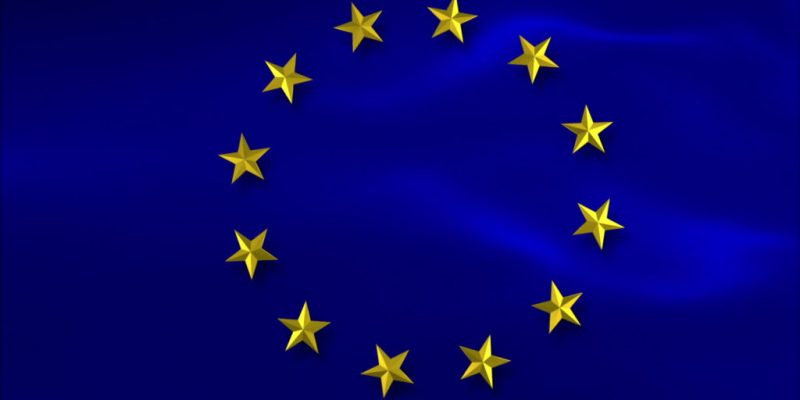
Unit 6, Discussion 4: The European Union, 1951-?
Click Here for Episode Transcript
What are the strengths and weaknesses of the European Union, as well as the prospects for its long-term survival?
Podcast: Embed
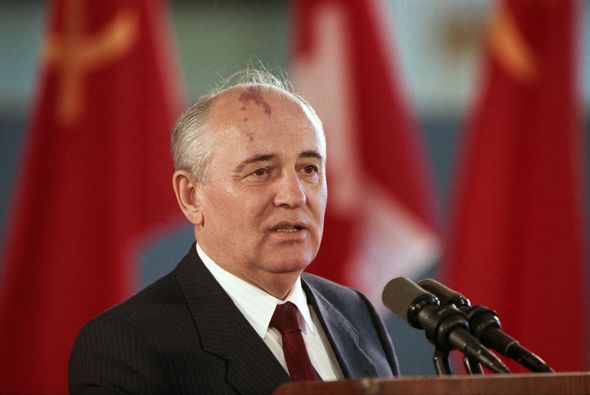
Unit 6, Discussion 3: The Cold War, Part Two
The Cold War from 1962 to 1991. Photo of Mikhail Gorbachev, final president of the Soviet Union.
Click Here for an Enhanced Transcript of this Episode
Podcast: Embed
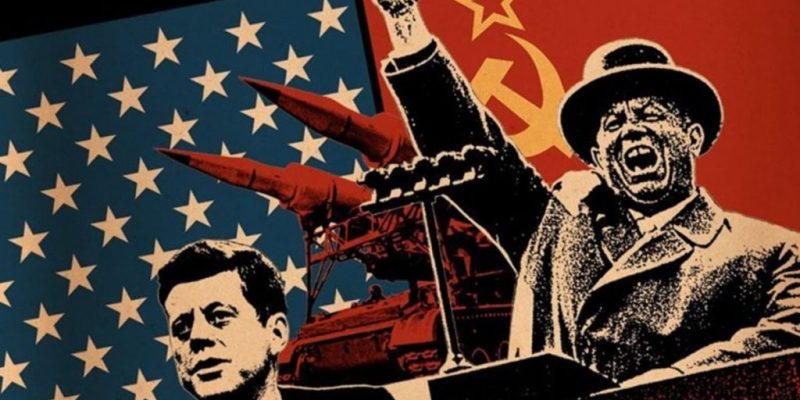
Unit 6, Discussion 2: The Cold War, Part One
We look at the Cold War from 1945 to 1962 in this podcast. Refer to your Unit 6, Discussion 2 assignment in GeorgiaVIEW for the question that you must answer for this assignment.
Click Here for an Enhanced Transcript of this Episode.
Podcast: Embed
Unit 6, Discussion 1: Preview of Postwar American Art and Philosophy, 1945-1919
Click Here for Enhanced Transcript
Culture in art and ideas.
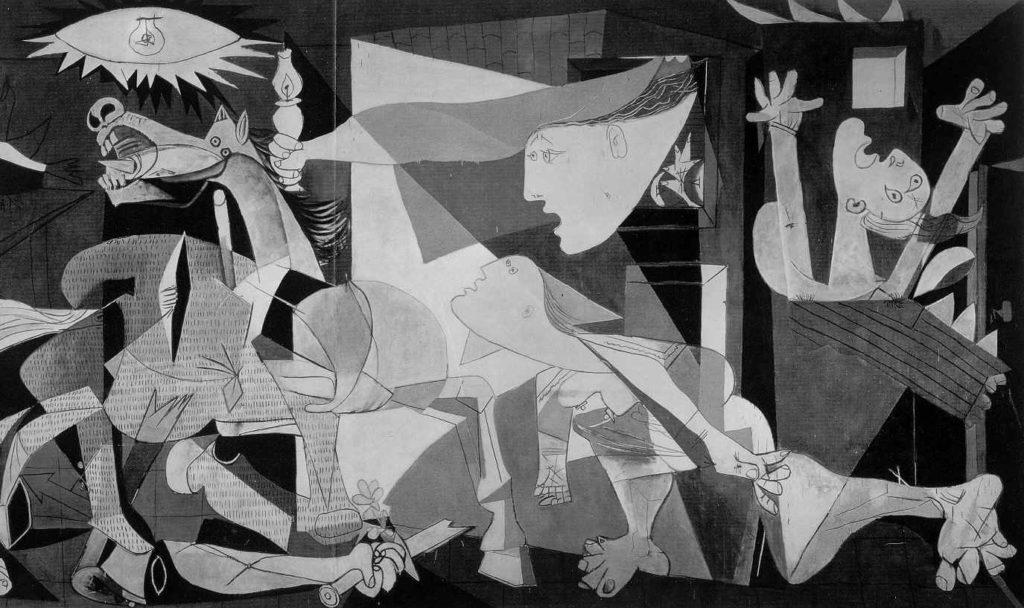

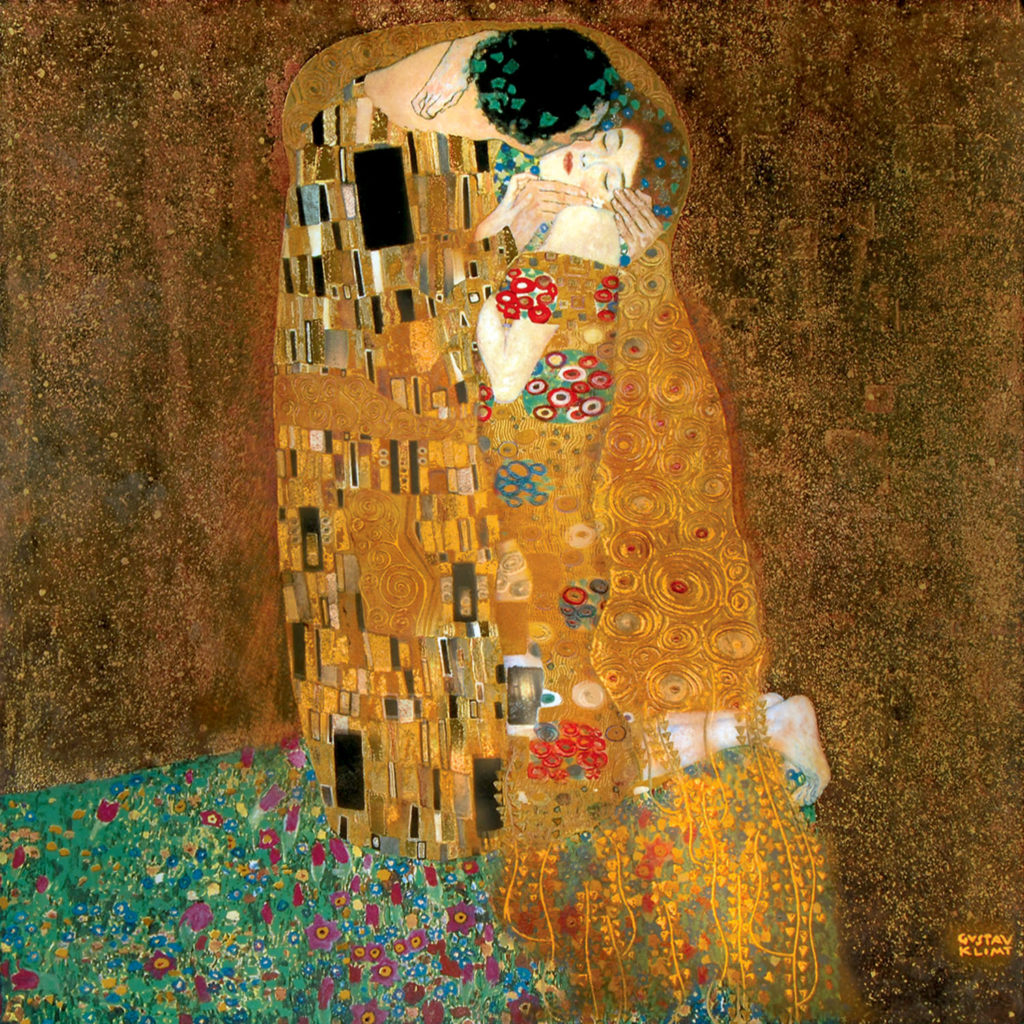
Podcast: Embed
Unit 5, Discussion 5: The Holocaust, 1941-1945
Click Here for Enhanced Transcript of this Episode
What were the causes of the Holocaust? What was it? What was its nature? How does it represent a new crime in history? What does it say about so-called Western “civilization?” We explore all these questions in this important podcast episode in our course.
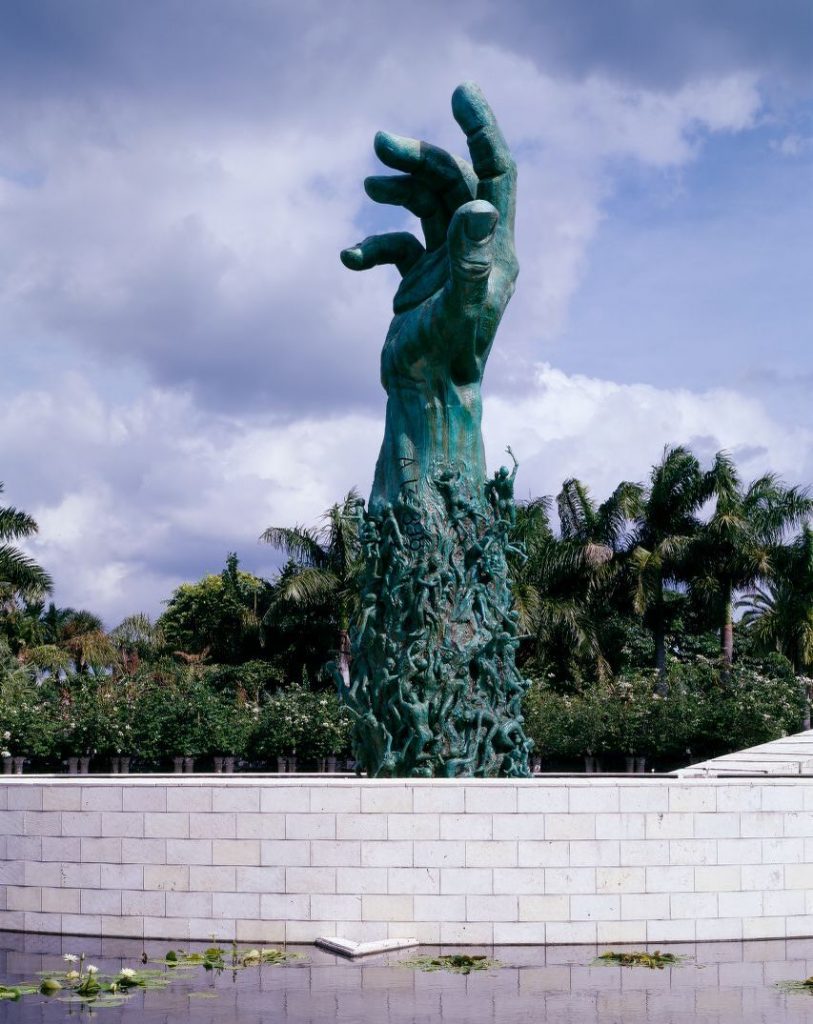
Podcast: Embed
Unit 5, Discussion 4: The Second World War, 1939-1945
Click Here for an Enhanced Transcript of this Episode
In this podcast we trace the major events of the Second World War. This podcast will help you answer the Discussion assignment question that you have for the Unit 5, Discussion 4 of this course.
Podcast: Embed
Unit 5, Discussion 3: Diplomacy Between the Wars and the Causes of the Second World War
Click Here for an Enhanced Transcript of this Episode
Why did the first World War not end in 1919 and really only ended in 1945, by which time it was called the Second World War? This podcast helps you answer this question.
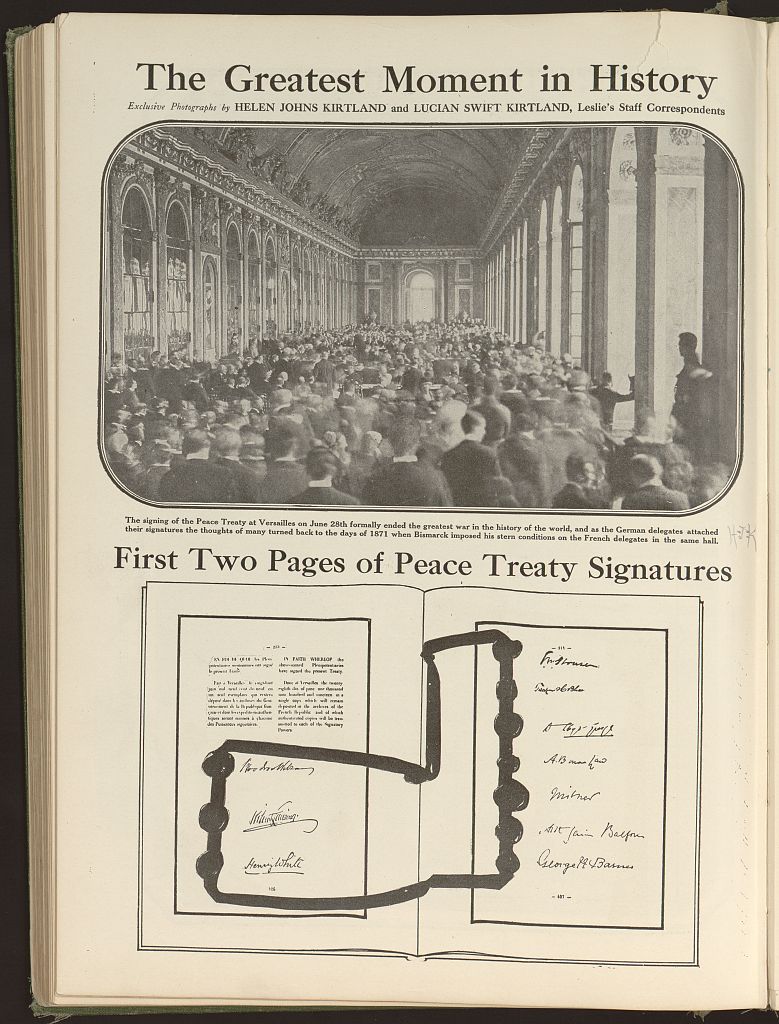
Podcast: Embed
Unit 5, Discussion 2: Fascism Ascendant and Democracy Under Siege, 1919-1939
Click Here for Enhanced Transcript of this Episode
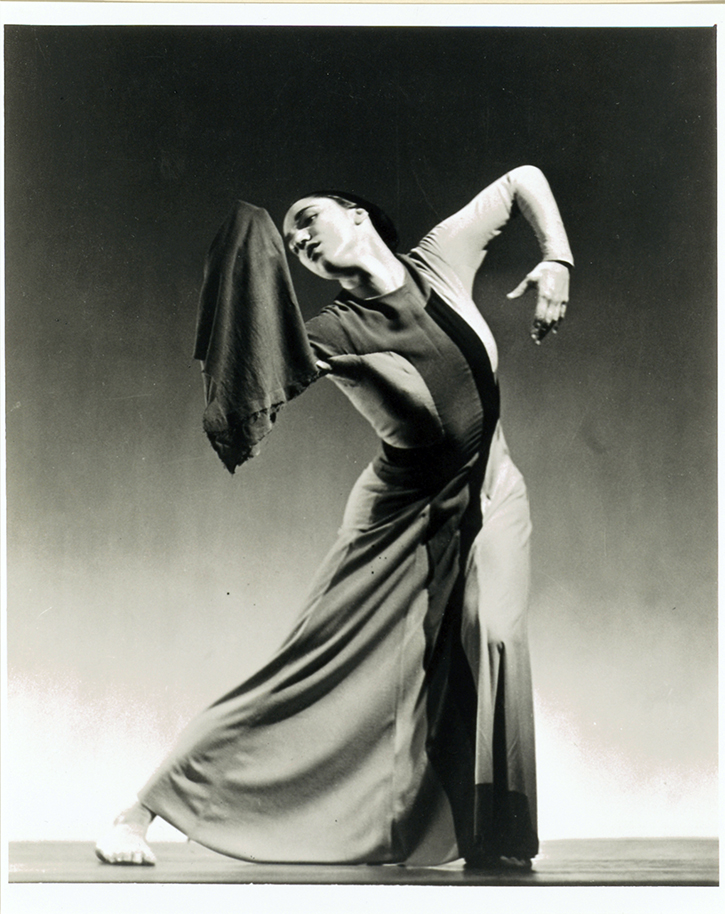
hat were the six features of Fascism? In this podcast, we learn what ideas Fascism consisted of and how it arose during the years in-between the two World Wars and set the stage for the outbreak of the Second World War.
Podcast: Embed
Podcast Overview for Unit 5: Europe, 1914-1945
From the First World War’s beginning to the Second World War’s End.
Click Here for Enhanced Transcript of this Episode
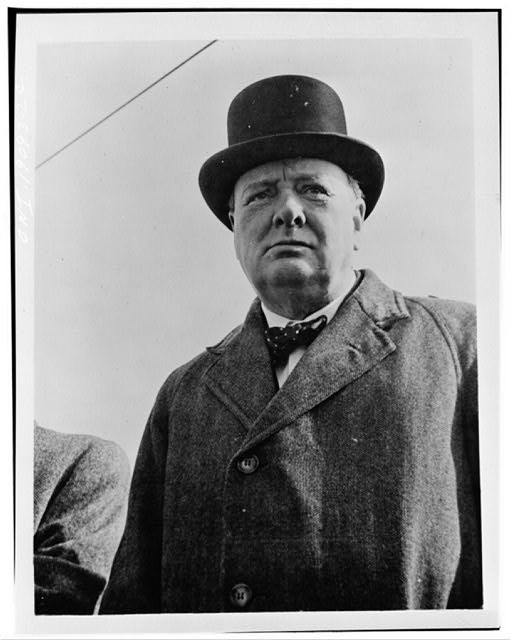
Podcast: Embed
Unit 4, Discussion 5: Imperialism and the Long Fuse to World War I, 1860-1914
Great Britain encourages a skeptical Uncle Sam to jump in to the swimming pool of imperialism…
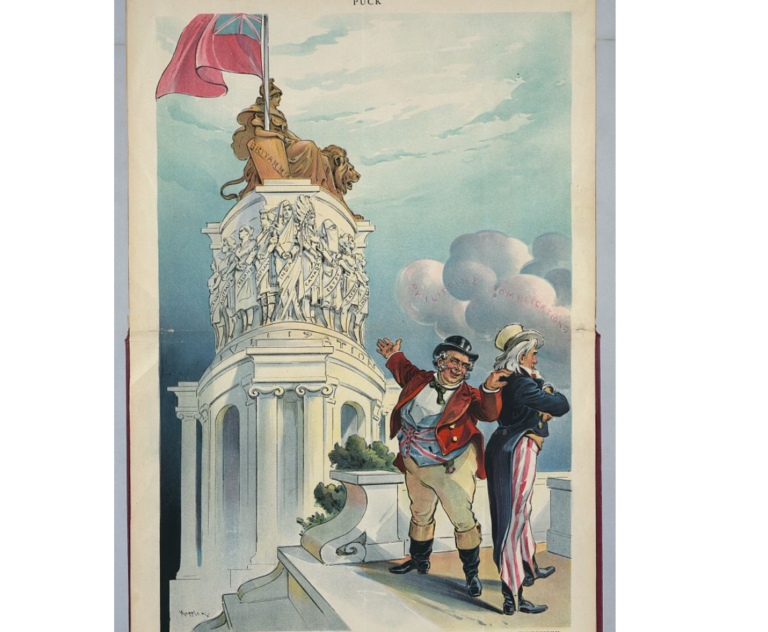
Podcast: Embed
Unit 4, Discussion 4: Late 19th Century Science: Einstein As Emblem and Newton Overthrown, 1890-1914
Albert Einstein becomes an American citizen (October 1940) Between the 1889s and 1914, revolutionary changes occurred in our understanding of science, psychology and physics…
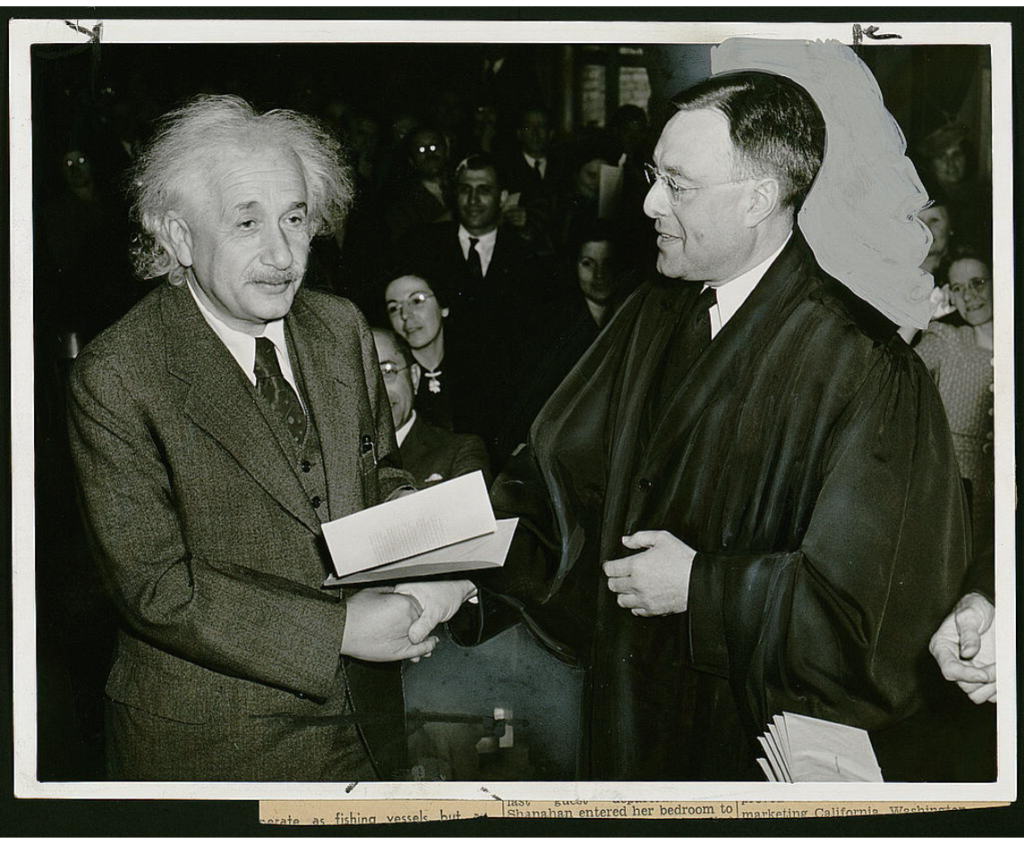
Podcast: Embed
Unit 4, Discussion 3: Marx and Marxism
The theory of Karl Marx and Friedrich Engels, presented in the Communist Manifesto (1848), was yet another theory of progress so popular in the nineteenth century, along with Darwinism, Positivism and nationalism. Marxism was popular with the proletarians created by the Industrial Revolution, because it predicted that they would one day win a successful proletarian revolution against the bourgeoisie all over the world, one whose success was the inevitable product of class conflict between the two classes. For the same reason, the middle class hated this theory and fought the rise of the proletariat. The theories of Marx and Engels would never be borne out or live up to their predictions. BUt it was a major fear factor that explains much about the politics of the middle class in the late nineteenth century and the birth of social welfare legislation, which Marx had never foreseen or predicted.
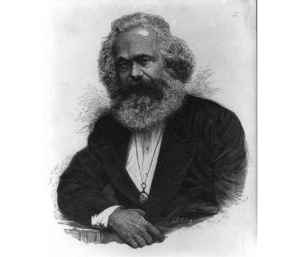
Podcast: Embed
Unit 4, Discussion 2: Darwin and His Descendants
Here is a link to a transcript of this Episode
Who was Charles Darwin, this Newton of the Nineteenth century? And what was his theory of the evolution of species by natural selection. How did it impact virtually every aspect of Western Civilization, from political ideologies to psychology and philosophy? In this special landmark podcast, Dr. Reiman explores his significance.
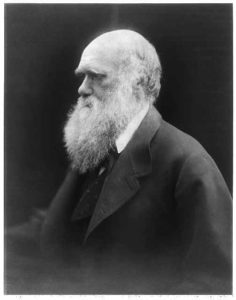
Podcast: Embed
Unit 4, DIscussion 1: The Unification of Germany and Italy, 1848-1871
ationalism took a dark turn for the worse after 1848. Nations that came into existence after 1848–such as Germany and Italy–were unified by military monarchies adopting the strategies of statecraft and war. In this podcast, Dr. Reiman traces the ways in which these two nations buried liberalism in their countries and strengthened autocratic government between 1848 and 1871, lighting the long fuse to World War I.
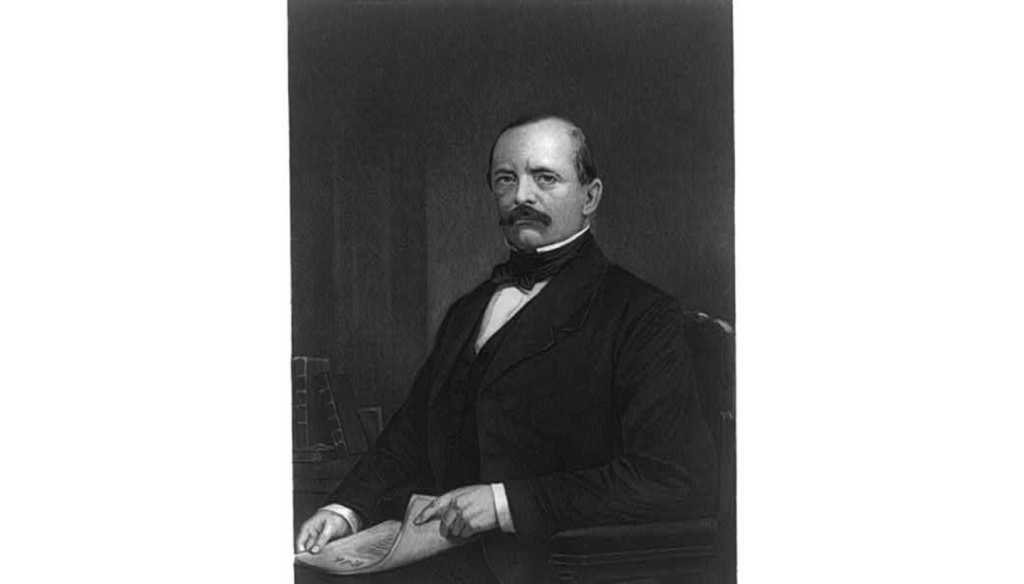
Podcast: Embed

